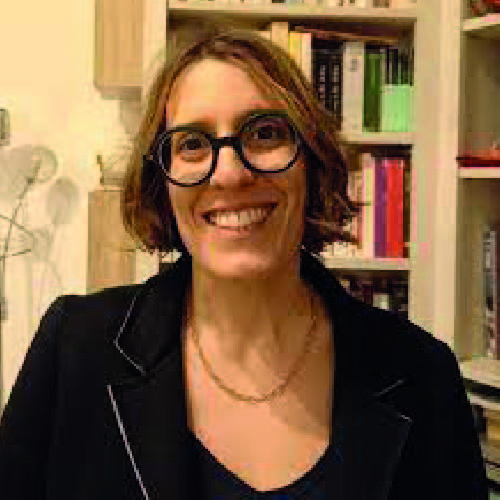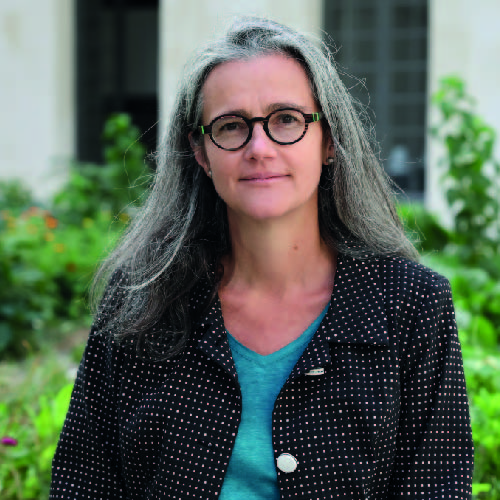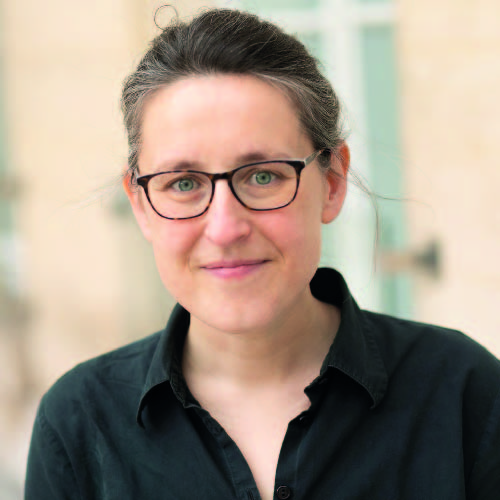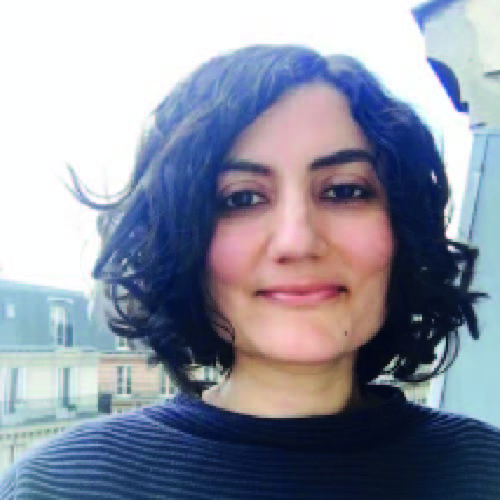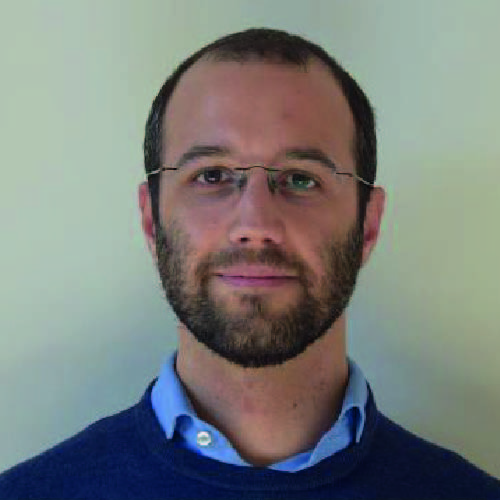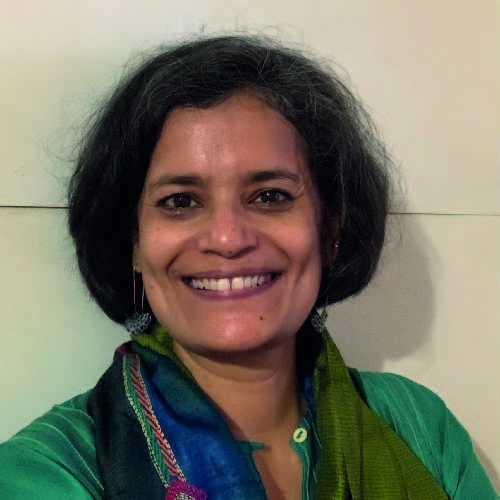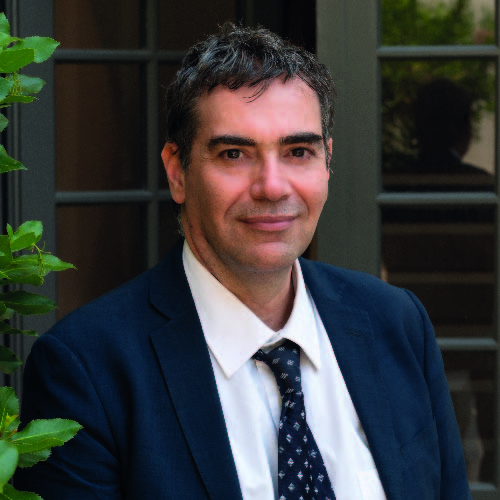AESOP 2024 ANNUAL CONGRESS | TRACKS
36th AESOP Annual Congress 2024 Paris, France
“GAME CHANGER? Planning for just and sustainable urban regions”
TRACK 4: BORDERS
Transboundary planning for sustainability and cohesion
Chairs:
- Alois Humer, University of Vienna
- Thomas Perrin, Research centre TVES-Lille
- Simin Yan, Universität Heidelberg, Geographisches Institut
Current transformation processes towards sustainability and equity that planning seeks to frame require a transboundary perspective on problems and policy responses. While local, regional or national authorities are typically endowed with the mandate for regulatory spatial planning, the existence and importance of planning across administrative borders of jurisdictions is evident. Cross-border regions and large-scale macro-regions are often associated with European spatial planning, but transboundary planning processes also exist within countries at various scales, visible, for example, in the emergence of soft spaces such as city-regions. These transboundary planning processes are especially interesting regarding their governance arrangements, their relationship with statutory planning systems and practices, and their mechanisms for democratic control and participation. Moreover, new planning scales might challenge existing administrative divisions and practices, causing or solving challenges related to policy integration.
This track discusses new planning spaces, formal and informal planning arrangements and comparative perspectives on planning systems, cultures, and practices in Europe and beyond across various scales and borders. We are interested in exploring not only the spatial but also the institutional and practice implications of such new and, at times, 'transitional' planning spaces. Comparative research, including the local, city-regional, regional, national and supra-national levels, is most welcome. Research on planning systems and planning cultures can provide essential insights into ideas, policies and practices – and the role actors play in shaping these – especially when transcending national perspectives and exploring local and regional specificities. Comparative perspectives within and between different country contexts can also reveal processes of policy transfer and policy diffusion and illustrate how planning ideas travel across borders.
We welcome theoretical perspectives, empirical, analytical work, and policy-centred discussions alike. For example, contributions to the Track BORDERS might address the following issues:
- Comparative perspectives on planning systems and planning cultures
- The changing nature and role of borders in spatial planning
- Visions and strategies at the macro-regional or continental level
- Planning across internal and external EU borders
- Drivers for cross-border cooperation and EU integration
- Wicked problems such as climate change as transboundary challenges for planning
- Maritime spatial planning and its linkages and interactions with planning on land
- Processes of international policy transfer and policy diffusion
- Spatial planning in functional regions and soft spaces
- Democratic mechanisms and citizen involvement in non-statutory planning processes
- Instances of rescaling and the resulting processes of institutional change
- Planning beyond territorialism
- Planning practices that cross administrative divisions and sectoral siloes
- The roleof city-regions in the sustainability debate and the just and green transition
Keywords: planning systems, regional planning, city regions, soft spaces, planning cultures, EU Cohesion Policy, cross-border cooperation, comparative planning studies, transnational planning, actors, scales, institutional change, policy transition
LOC
The Local Organising Committee

